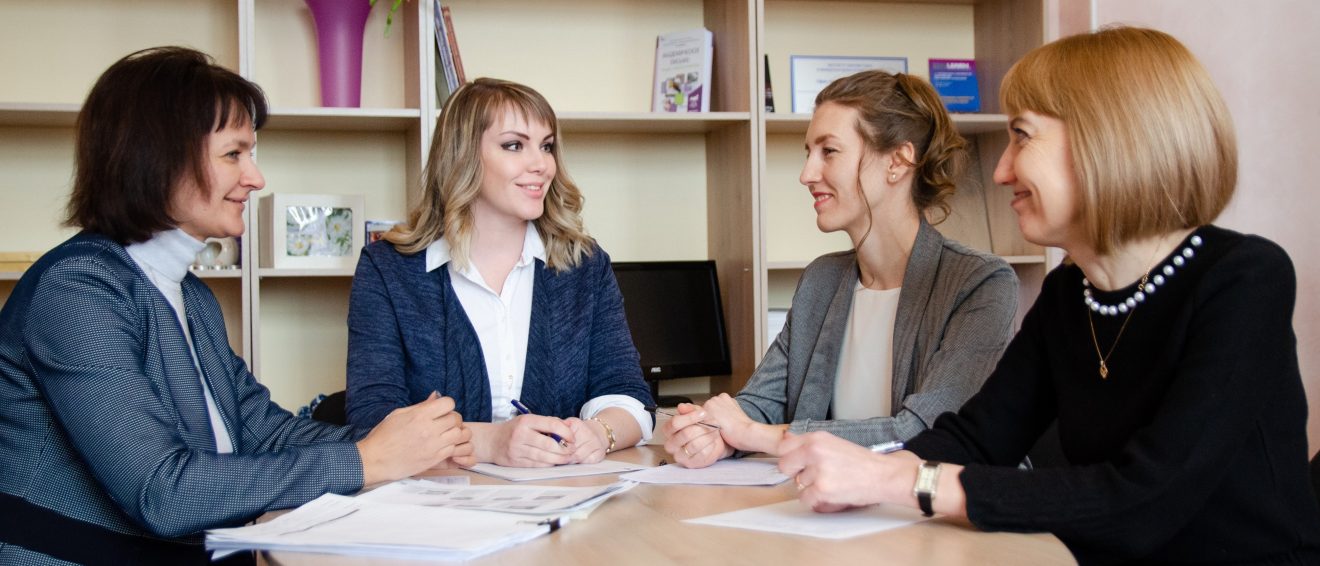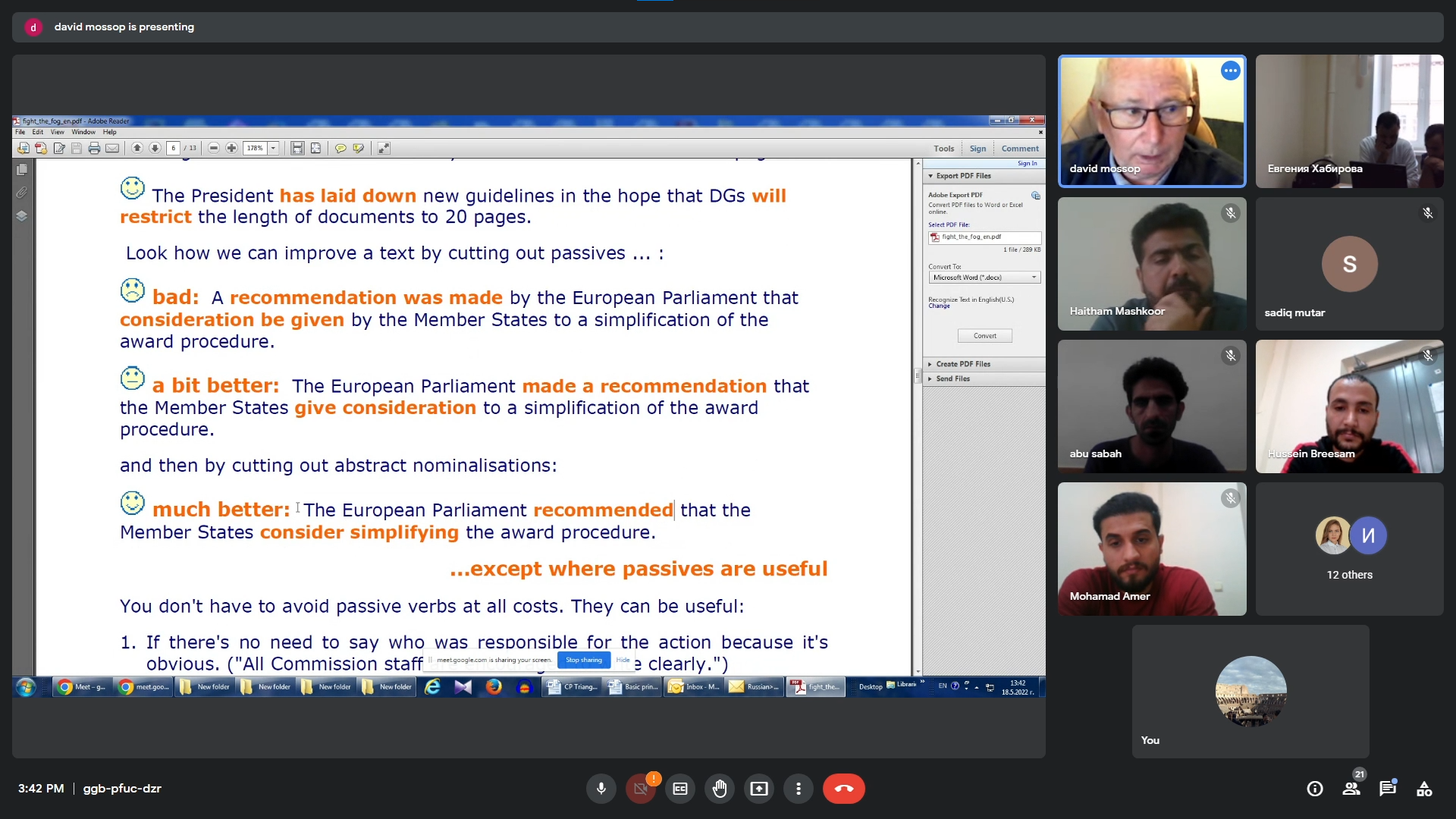On May 18th, the Academic Writing Office of the SUSU Institute of Linguistics and International Communications held an online masterclass with editor David Mossop, entitled “How to render an academic text more native – general principles”. Mossop holds a PhD in linguistics and semantics from the University of Sofia. He is well known for his translations of Russian and Bulgarian literature and previously worked as a translator for the United Nations High Commissioner for Refugees, the Council of Ministers of the Republic of Bulgaria, and other international organizations.
David Mossop spoke about the basic principles of academic English, offering an overview of common mistakes and pitfalls that non-native speakers should take into account when writing in English. One of the points the speaker stressed was that writers should strive to avoid complicated or overly long sentences. He also shared several resources that writers can use to brush up on their skills and get some more practice.
Among the attendees were native speakers of Arabic and Russian. Although David Mossop has more experience dealing with Slavic languages (being fluent in Russian, Serbian, and Bulgarian), the advice he provided was universal and appreciated by all in attendance. The virtual attendees asked several questions and expressed their gratitude to the speaker. Dr. Mossop suggested that future master classes may be held to go into more detail on such topics as punctuation and how to structure academic papers.
On May 20th, the Innovative Linguistic Technologies Research Center and the Academic Writing Office of the SUSU Institute of Linguistics and International Communications held a lecture entitled “SUSU Software Tools to Assist Authors of Research Papers”. Speakers Babina Olga Ivanovna (Head of the Department of Linguistics and Translation) and Sheremeteva Svetlana Olegovna (Professor of the Department of Linguistics and Translation) demonstrated several programs to attendees, including: Autolex, InterAct, and Autotutor.
AutoLex is an electronic resource which contains translations for both single-word and multi-word lexical units (up to 10 words). The software can translate specific words or phrases or entire texts. InterAct is unique automated translation program for scientific and technical texts. The program helps improve the source text (in Russian) to improve the quality of the final translation. After texts have been imported, the program seeks out terms and phrases and suggests alternatives which can be more easily translated into English. AutoTutor is a training program with built-in translation of Russian phrases. The program guides authors through the full process of writing an article, from the title to the conclusions section. The user completes an “interview”, placing English phrases and terms into a sentence template, after which the program automatically generates grammatically-correct sentences.
The attendees expressed their interest in using the software developed by the Innovative Linguistic Technologies Research Center, asking the speakers to expand upon how to gain access to their products. Babina Babina and Svetlana Sheremeteva shared that software licenses can be purchased after consultation with department heads, but trial versions are available upon request. Attendees also shared their general feedback on the demonstrated software and showed interest in helping to expand the database of texts used for sentence generation and translation.



